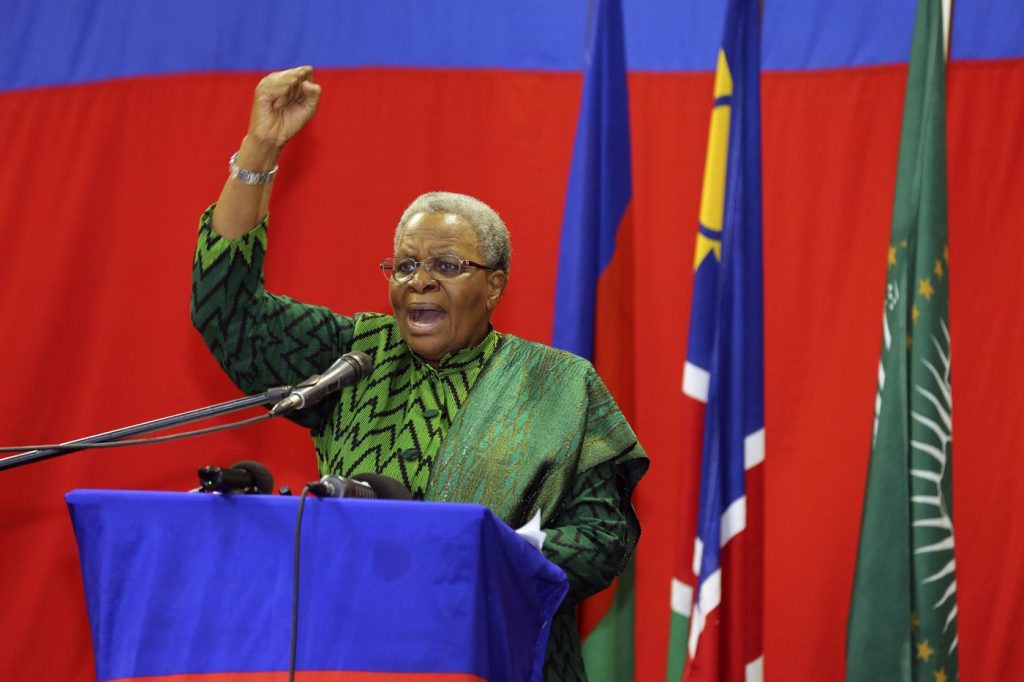WINDHOEK, Namibia (AP) – New Namibian President Netumbo Nandi-Ndaitwah announced on Thursday that her government would implement free higher education at state universities and technical colleges starting in the academic year 2026. This policy is a significant change in Namibia, which already offers free education in public elementary and high schools, although parents typically still incur expenses for school uniforms, stationery, books, and hostel fees.
Nandi-Ndaitwah, who was sworn in as Namibia's first female leader in December 2024, made this landmark announcement during her State of the Nation address to Parliament. She emphasized her commitment to enhancing educational opportunities for the youth, who face high levels of unemployment and poverty. "We have heard your cries," Nandi-Ndaitwah stated, addressing the long-standing calls for greater government support across all education levels in the country, which has a population of about 3 million people in southern Africa.
Under the new policy, the Namibian government will entirely subsidize tuition and registration fees at its two state-run universities and seven vocational training centers. This initiative is designed to alleviate the financial burden on families and improve access to tertiary education for Namibians, particularly the youth, who make up a substantial portion of the population, with 2.1 million citizens under the age of 35.
The introduction of free higher education aligns with the government’s broader objectives of addressing youth unemployment and poverty. Nandi-Ndaitwah's administration aims to foster a more educated workforce and improve job prospects for young Namibians in an economy that faces various challenges.
The move signifies a pivotal shift in Namibia's approach to education, potentially setting a precedent for other nations in the region to consider similar policies. By removing tuition fees, the Namibian government hopes to encourage more young people to pursue higher education, thereby contributing to national development and economic growth.
In conclusion, this policy marks a transformative step towards making higher education accessible to all Namibians, reinforcing the government's commitment to invest in the future of its youth and ultimately improving the socio-economic landscape of the country.











